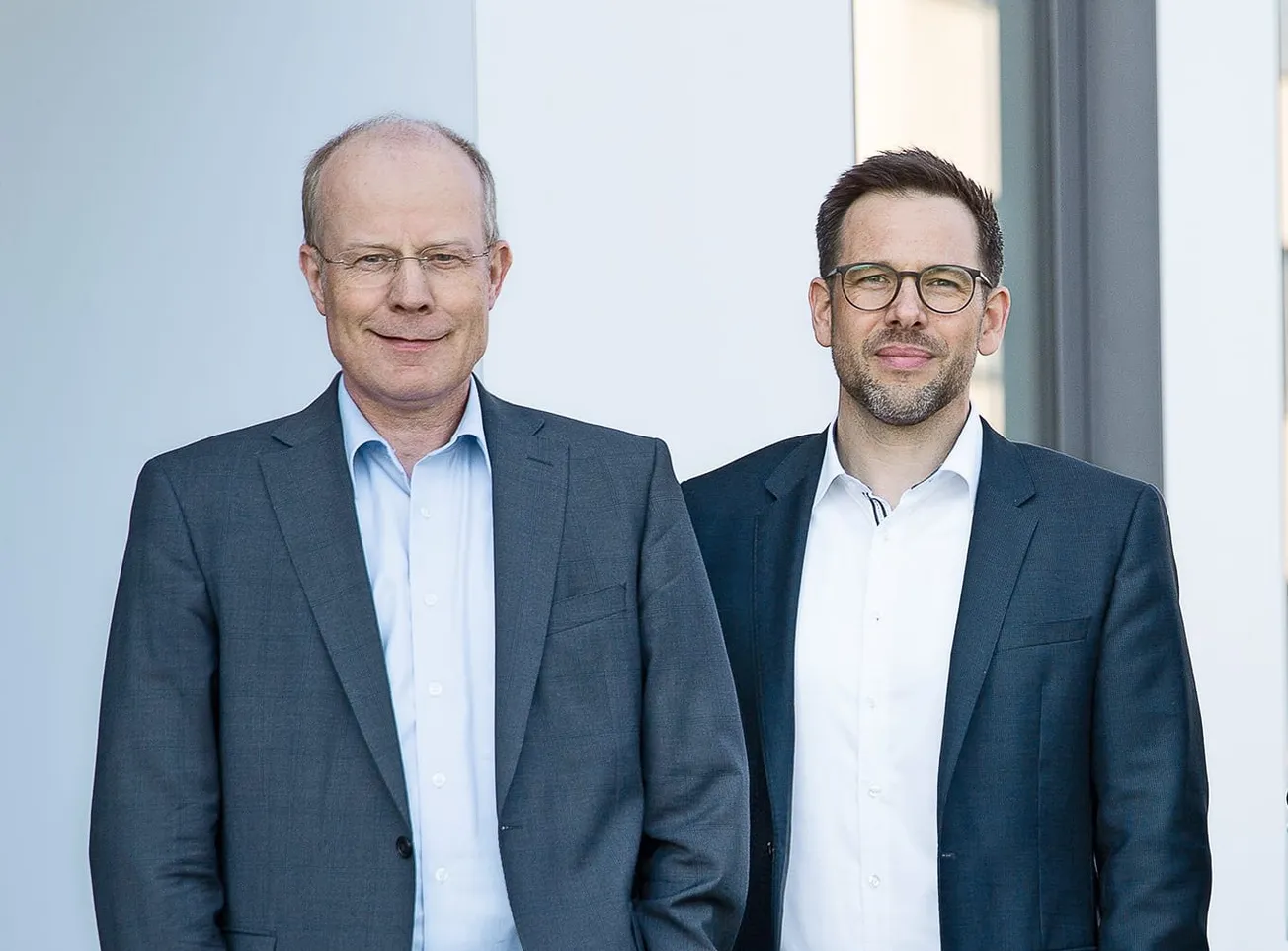Table of Contents
by Suzanne VanGilder
Dean Mattson’s program at North Salem High School is not the only successful  woodworking program in schools today, but with its model of operating like a business, and the excellent work Mattson has done raising the funds and awareness necessary to outfit the shop, it is the embodiment of what an effective, modern technical education program looks like.
woodworking program in schools today, but with its model of operating like a business, and the excellent work Mattson has done raising the funds and awareness necessary to outfit the shop, it is the embodiment of what an effective, modern technical education program looks like.
Ask any business owner the secret of success and that person will tell you, “good people.” Advanced machinery, new materials and powerful software are all useless without people who know how to apply them. This is particularly true as manufacturing technology continually advances to meet the demands of a design- driven global market. And the need is only going to become more pronounced as manufacturing is re-shored to North America (more about this trend in the future).
Yet. Ask any business owner how skilled labor is recruited, and there is a lot of scowling and grumbling about the lack of trained people in the workforce. Some large companies have developed programs to “grow their own,” but for the most part, the increasingly sophisticated realm of manufacturing has a talent demand that far exceeds the supply. Conversely, there are countless young people in North America with clever minds who are not well suited to academia.
Even the most cold hearted CFO will admit that it pays to retain quality employees. All good companies know this. The difference between a good company and a great company, however, is purpose; a human element that cannot be added into the latest software package or calculated on the bottom line. All the above reasons underscore the absolute importance of industry getting involved with education.
When Dean Mattson took the job teaching woodworking, he was looking for something different. What he found was purpose. The principal that hired Mattson did so as an experiment. He wanted to see what would happen if someone with no educational background, but with strong business experience, ran the program. And as the result was synergy of education and industry.
This story is so compelling because Mattson is just a regular business guy. In fact, anyone reading this has the potential to be just as influential. What any endeavor requires for success is a narrative that supports the outcome. For Mattson, his student Mary changed the way he viewed his role. Suddenly he understood that he wasn’t selling woodworking, he was providing students that had been told their entire lives that they would never amount to anything with a new narrative. Along with technical skills each student receives life skills: business etiquette, accountability, respect; but most importantly Mattson acknowledges the innate purpose in his students. And when he sees it in them, they see it too. This transformation in perspective has benefits that reach far into the future. Potential thugs become responsible citizens, taxpayers, supportive parents, community members. At the same time it strengthens North America’s industry position.
Technical education, and our industry that depends on it, are also in need of new narratives.
This pivotal point in North American manufacturing requires a new model of education that includes the type of experiential learning and inspiration that only trained woodworkers can provide. And that shift is already happening. The AWI’s Adopt-A-Shop program has been aiding technical education for several years. And now, with the support of industry partners and an esteemed board of directors, Mattson’s program is growing into a non-profit operation tasked with developing transitional leadership and creating a replicable model that covers the most up-to-date processes and equipment. A perfect example is Stiles Machinery’s recent partnership with Mattson, which adds entry-level CNC skills to his curriculum. And that is just the beginning. Where this story goes depends on how the players do, or do not, participate in the narrative. It is a “choose your own adventure”.
Mattson’s program at North Salem High School proves that it is possible to change the narrative of technical education for the benefit of industry as a whole. Now it is up to industry to get involved. Most people want to help, but don’t know how. Here are four things you can do today to get involved.
- Join the LinkedIn group “North Salem High School Woodworking program”. Celebrate the student's latest victories, as well as keep up to date with current initiatives to improve and enlarge this desperately needed resource. Be part of discussions which will help drive the content and quality of the program as well as place more qualified workers in the marketplace.
- Contact the NSHS Woodworking Program directly for an updated list of graduating students ready to interview for your positions.
- Support woodworking education. Make a tax-deductible donation directly to the NSHS Woodworking program (one time or recurring monthly).
- Contact the AWI to find out more about Adopt-A Shop.






